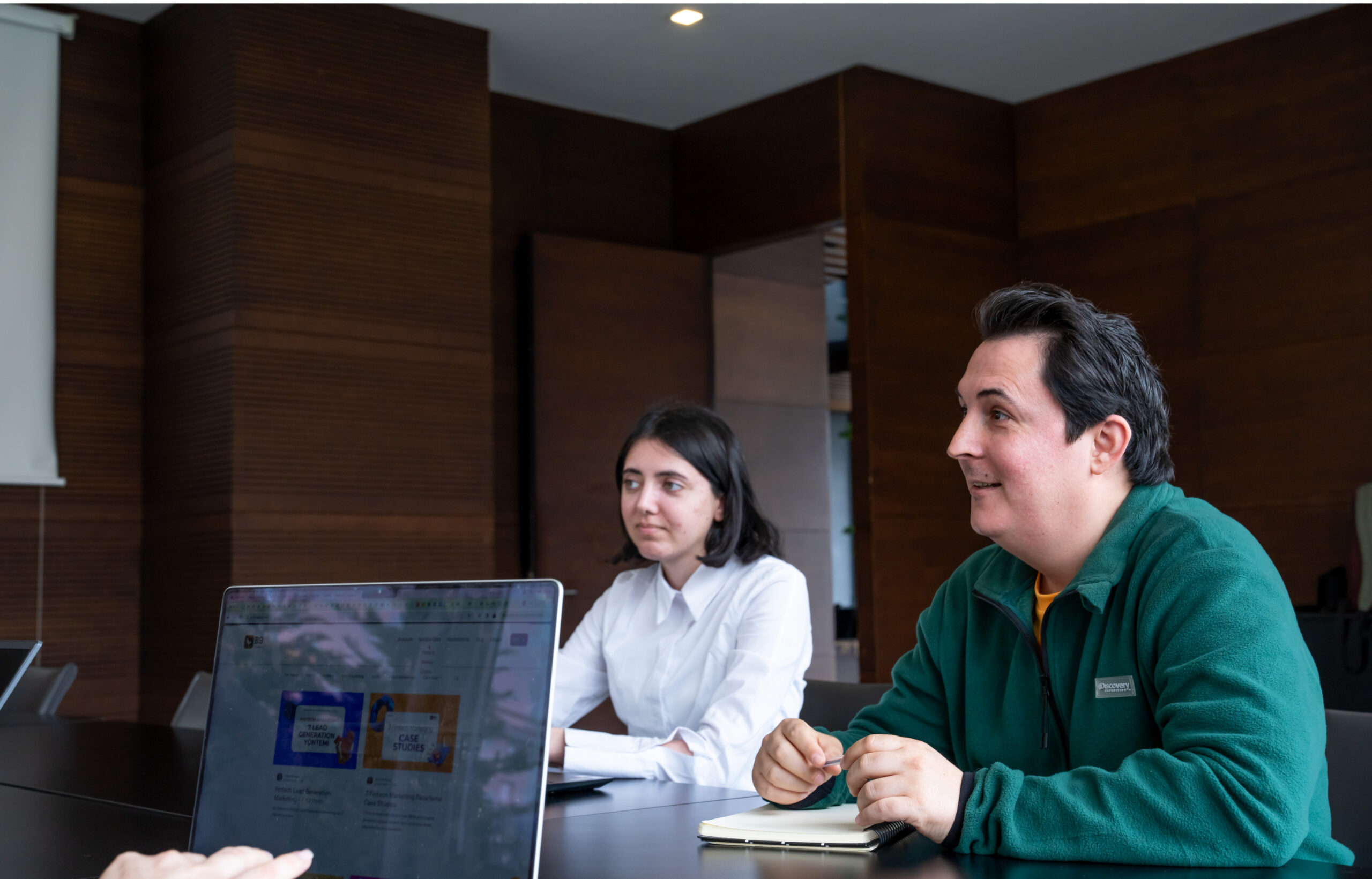
When entrepreneurship is supported with the right knowledge, success is inevitable.
Opening a restaurant in Turkey, a country that stands out with the richness of its cuisine, is an exciting way to offer new experiences to food enthusiasts. Restaurant management is a very important sector. However, to achieve success in this journey, providing delicious food is not enough. A detailed plan and financial strategy are crucial.
Restaurant management is both an exciting venture and a long process that requires detailed planning. In order to open a restaurant in a dynamic market such as Turkey, it is necessary to carefully consider issues such as the expenses, legal requirements and strategic planning. Accurate calculation of initial expenses, complete fulfillment of legal requirements and unwavering focus on customer satisfaction are critical steps for a successful restaurant business.
In this article, we will discuss the costs, permits and planning strategies for opening a restaurant in Turkey. If you’re ready, let’s get started!
1. Calculation of Expenses
Before opening a restaurant, it is necessary to accurately calculate the initial expenses. The expenses vary depending on factors such as business location, size, concept and hardware. Rental costs, decoration and renovation costs, equipment and stocking should also be taken into account. How is the location of the restaurant? What will be the concept? If it is a good location, will it be possible to adapt to high rental costs? All these questions should be answered in detail. In addition, the capital investment and financing sources of business owners should also be carefully reviewed at this stage.
2. Planning Strategies and Competition Analysis
Making a detailed plan before opening a restaurant is the key to success. Business owners should evaluate the competitive environment by conducting market research and determine the target customer group. Concept and menu planning are important steps that shape the identity of the business. In addition, operational details such as personnel recruitment and training, marketing and advertising strategies are also important elements of the planning process. You should move forward by planning for the costs of food, labor, rent, technology, as well as costs such as marketing, kitchen systems and licensing fees.
3. Company Establishment
Choosing the type of company to be established is the first important step at this stage. The most common types of companies for running a restaurant include limited liability company and sole proprietorship. The registration of a limited liability company may require more capital than a sole proprietorship. However, it provides better legal protection.
The necessary steps for the establishment of a company include trade registration, obtaining a tax certificate, notary procedures and preparation of the necessary documents. In addition, a capital commitment may also be required in the event of the establishment of a limited liability company.
4. Legal Processes and Municipal Permits
There are certain legal requirements to open a restaurant in Turkey. Restaurant operators in Turkey must be taxpayers. Tax liability should be ensured by applying to the Revenue Administration for tax registration. You should take the necessary steps to register your restaurant as a company and obtain a tax number.
In order to run a restaurant, it is necessary to obtain a business and working license from the municipality. The documents required for applying for a license include the business owner’s identity document, a lease agreement, the architectural project, and the necessary payments. In addition, business owners must register in the Social Security Institution (SGK) for their employees and pay the premiums regularly. Before obtaining a business license, documents proving compliance with occupational health and safety standards must be submitted.
The food business license must be obtained from the Ministry of Health. This license shows that the restaurant complies with hygiene standards. In order to get the license, you must pass the inspections carried out by the Ministry of Health without any issues.
In addition, there is a condition to obtain the necessary permits from the municipality in the region where the restaurant will be opened. Other permits that must be obtained from the municipality may include specific permits such as occupation certificate, fire safety certificate, environmental health report, outdoor use permit, and alcoholic beverage trade permit. These permits may vary depending on the municipal regulations of the location where the restaurant will operate.
5. Financial Management and Profit Forecast
Running a restaurant requires sound financial management. Business owners should carefully monitor income and expenses and prioritize budget management. When making profit forecasts, factors such as seasonal fluctuations, market trends and competition are taken into account. In addition, financial analyses and reports should be reviewed regularly to assess the profitability potential of the business.
6. Customer Satisfaction and Innovation
Customer satisfaction and continuous innovation are crucial for a successful restaurant business. Carefully evaluating customer feedback and constantly improving the business is the key to building a loyal customer base. Innovative menu options, service quality and improvements in the atmosphere can provide a competitive advantage and make the business stand out in the market.
7. Marketing and Advertising
It is essential to follow an effective marketing and advertising strategy in order for the restaurant to be successful. These activities may include various channels such as digital marketing, social media ads, local ads, graphic materials, events and sponsorships, special discounts and promotions. Marketing and advertising costs should be determined in accordance with the company’s budget and target audience. Strategies should be assessed regularly. Advertising and marketing activities increase interaction with customers and contribute to brand awareness.
8. Local Differences
Turkish cuisine has a rich history and local tastes are of great importance. Including Turkish flavors on the menu makes it easier to attract the attention of customers. Having ethnic elements in the restaurant concept also makes it possible for the general atmosphere to reflect Turkish hospitality culture. Ramadan, holidays and other special occasions in Turkey are important opportunities to attract customers. Organizing local events makes it possible to communicate with the locals and expand the customer base.
9. Menu Design
People in Turkey like to study the menu in detail. This gives them an idea about both the product options and the pricing policy of the place. In order to stand out from the competitors in menu design, it is necessary to determine ‘signature dishes’. Will the menu be longer and include more options, or will it be based on a small and special concept? The menu design is closely related to the taste concept of the place. Working on niche dishes that are not very common in Turkey allows you to reach a unique position. Creating a menu that gives place to the traditional dishes of Turkey makes it easier for local people to embrace the restaurant by following the flavours they are familiar with. At this point, the final decision belongs to the restaurant owner.
The certificate of mastership is also an important nuance for opening a restaurant in Turkey. A statement in the article (c) announces that “It has been announced to the governorship of 81 provinces that it is a legal obligation to request a certificate of mastership (or at least an associate’s degree, except in cases where a certificate of mastership is explicitly requested in the regulation) from themselves or at least one employee they employ in each profession at work, without distinction between artisans and craftsmen.”
Opening a restaurant in Turkey requires a great determination and planning process. Restaurant management requires more than just serving delicious food, it requires a solid business plan, effective marketing and customer satisfaction-oriented service. But when done with the right steps and with a solid foundation, the chances of your restaurant being successful are quite high. In this process, it is important to keep in mind the intensity of the competition and to focus on constantly improving.
You can access all the details you wonder about opening a restaurant in Turkey, setting up a personal company, renting a virtual office and many other processes with the professional system of the Workon staff. For detailed information, you can get in contact with us by phone or e-mail, and you can benefit from Workon’s free consulting support and Turkish Business Starter Package to implement your entrepreneurial ideas swiftly and successfully.






















